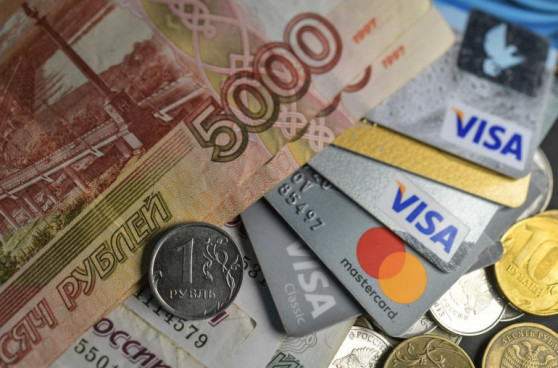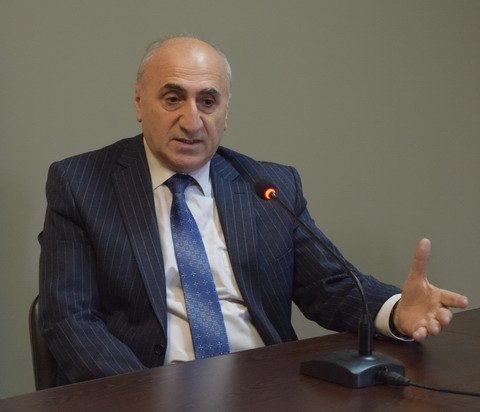Sanctions against Russia will also have a negative impact on Armenia. Economist Atom Margaryan spoke about this at the Media Center. According to him, the decision of the West to separate Russia from the SWIFT system may have serious consequences for the banking, financial, and securities markets, for all segments of stock transactions, foreign exchange, and savings. SWIFT is a global interbank financial telecommunications organization, which covers the field of all financial transactions, is networked and its effects extend to all banks.
According to Atom Margaryan, a ban was also imposed on making transactions in dollars. “And the economies of Russia and Armenia are dollarized. People think in dollars, big deals are done in dollars, more than half of the accumulations and allocations are done in dollars. Therefore, such sanctions and restrictions will have their effects.”
Referring to the rapid devaluation of the Russian ruble, the economist noted that the Russian ruble has depreciated by more than 100%. “One ruble is purchased for 2.5-3 drams, but, paradoxically, it is sold for the same price as it was for the previous two days – 5.5 drams. This means that there is a strong speculative attack on the ruble, the Armenian dram, because the margin is quite large. The Central Bank has no problem intervening, because the Central Bank, in general, the institutions implementing monetary policy must ensure financial stability, which is being done, the dram is still stable.”
Read also
According to Atom Margaryan, such a devaluation of the ruble, from the point of view of foreign trade transactions, will have a very negative impact on exports from Armenia. “Exports are rising, in the case of ordinary agricultural products, even the losses will be significant in the foreseeable future, and the contracts to be signed in the near future are also problematic, because the market is in a turbulent state and in this situation long-term contracts become inexpedient.” According to him, it seems that the devaluation of the ruble may be favorable in terms of imports, but the economist does not share this opinion.
“Such a jump in the dollar will lead to significant inflation in the Russian market and the double impact may be negative.” Mr. Margaryan also said that large-scale imports, such as fuel, grain, and their markets in Russia are also under pressure and are already showing tendencies of price increase. “In this regard, the Central Bank of Russia has to provide force majeure solutions. The refinancing rate has been raised from 9.5 to 20 percent, one of the goals of which is to curb inflationary pressures.” According to the economist, the devaluation of the ruble will also hit the remittances coming to Armenia. “The income that our compatriot receives in Russia has doubled in value.”
However, Atom Margaryan did not rule out that the Russian ruble will improve its position again, as the Russian authorities are taking serious steps in that direction.
Lusine BUDAGHYAN



























































